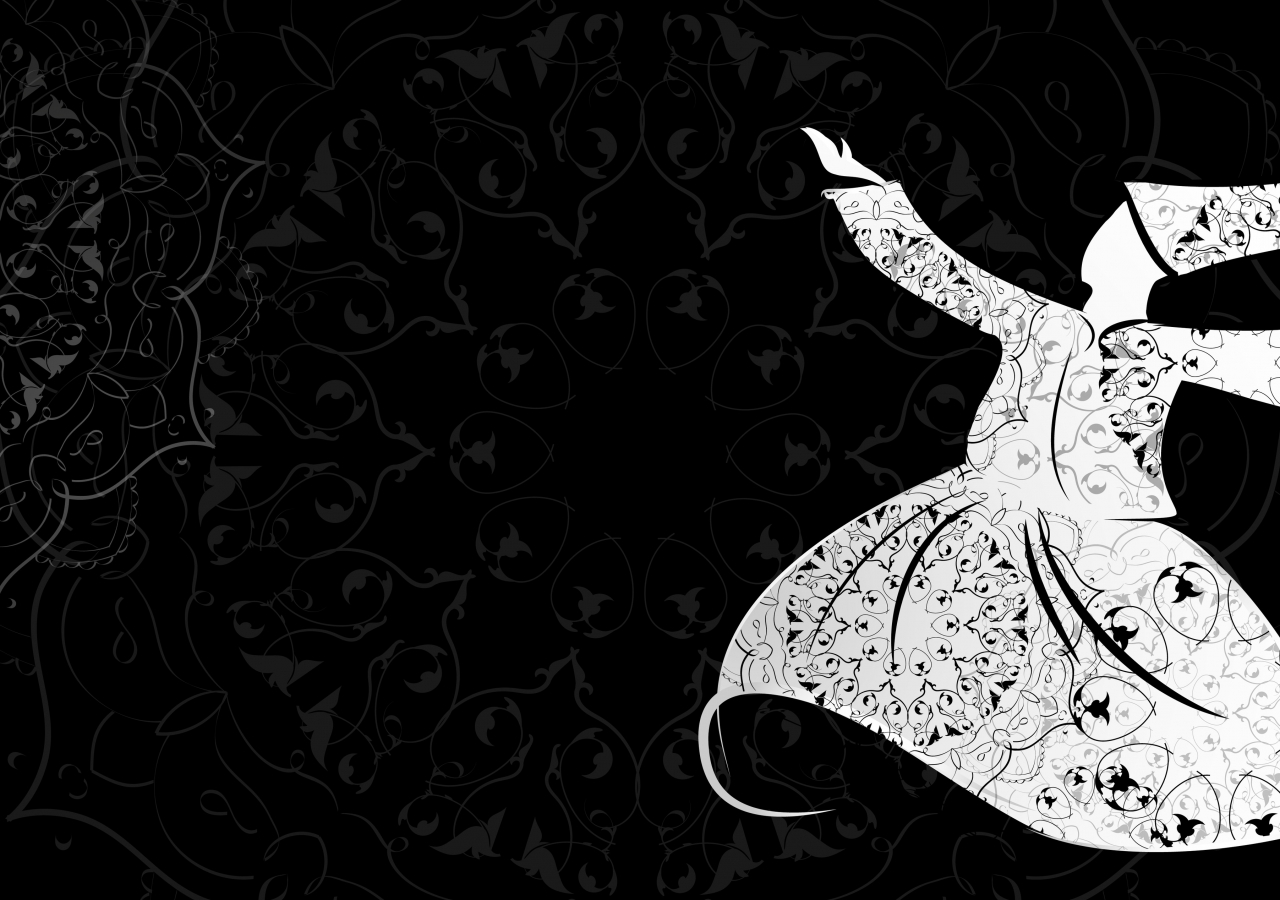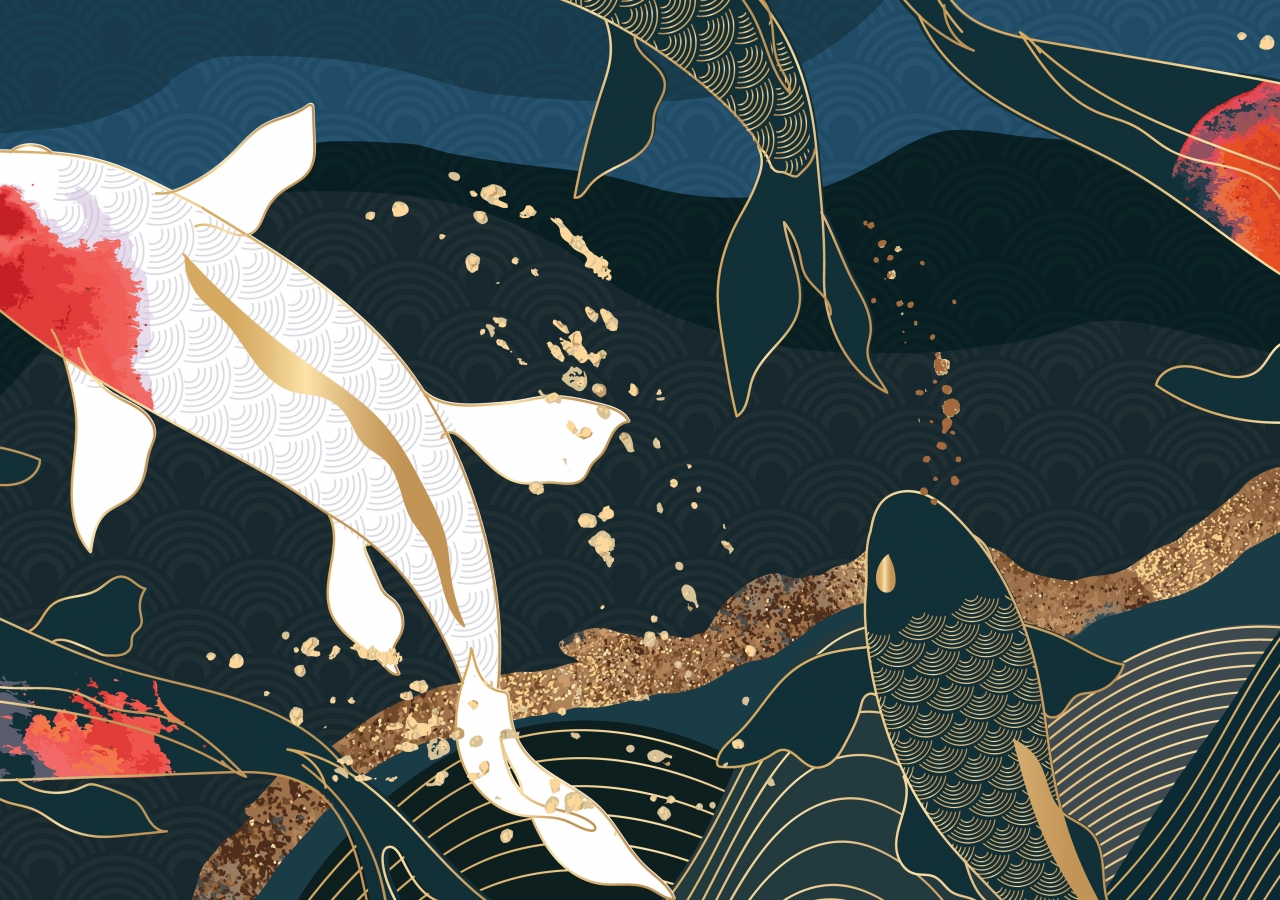Death for Immortality
There was once a dervish who had sixty disciples who he had taught as well as he could, and decided that the time had come for them to have a new experience. He told them that they must go on a long journey, and that something — he knew not what — would happen while they were on it. Those who had absorbed enough to enter this stage, he told them, would be able to go and remain with him on this journey.
He told them that they all had to memorize the phrase, “I must die instead of the dervish,” and must be prepared to shout it whenever the dervish raised both of his arms. The disciples, upon hearing this, became suspicious of the dervish’s motives and began muttering among themselves.
Fifty-nine of them deserted him, believing that he knew that he would be in danger at some point, and wanted to sacrifice them in his stead. They told him that they thought he might be planning a crime — even a murder — and that they could not follow him under the conditions he demanded.
So, the dervish set out with his one remaining companion. Shortly before they entered the nearest city, a wicked tyrant had taken it over. Wishing to consolidate his control of the city with a dramatic show of force, he assembled his soldiers together and told them to capture someone passing through the town who looked harmless, and he would sentence him as a miscreant. The soldiers obeyed him and set out into the streets to find such a wayfarer.
The first person they came upon was the disciple of the dervish, who they arrested. Followed by the dervish, they took the disciple to the king, where the populace, hearing the drum of death and already frightened, gathered around. The dervish’s disciple was thrown in front of the king, who decreed that he had resolved to make an example of a vagabond to show them that he would not tolerate nonconformists or attempted escape, and sentenced the disciple to death.
Upon hearing this, the dervish called out to the king asking that he be allowed to die instead of the disciple, since he was to blame for having persuaded the disciple to embark on the life of a wayfarer. So saying the dervish raised both arms over his head, and the disciple cried out to the king begging to be allowed to die instead of the dervish.
The king was stunned. He asked his counselors for advice, wondering what kind of people the dervish and his disciple could be, vying with each other to die; he worried that if their actions were taken as heroism, the populace might turn against him.
After conferring with each other, the counselors told the king that if this was heroism, there was little they could do about it except to act even more cruelly until the people lost heart, but that they had nothing to lose by asking the dervish why he was so eager to die.
When asked, the dervish replied that it had been foretold that a man would die in that place and would rise again and thereafter be immortal, and that naturally both he and his disciple wanted to be that man.
The king wondered to himself why he should make another immortal when he was not himself, and after pondering it a moment, ordered that he should be executed right away instead of the dervish or his disciple.
Immediately the most evil of his accomplices, also eager for immortality, killed themselves. Neither they nor the king rose again, and the dervish and his disciple left in the midst of the confusion.
Source: Idries Shah (1924-1996)
https://sofoarchon.com/10-sufi-stories/
The Story of Three Big Fishes
This is a story of three big fishes, one of them intelligent, another of average intellect, and the third, stupid.
Some fishermen came to the edge of the lake with their nets. The three fishes saw them.
The intelligent fish decided at once to leave, to make the long, difficult trip to the ocean. He thought, “I won’t consult with these two on this. They will only weaken my resolve, because they love this place so. They call it home. Their ignorance will keep them here.” The wise fish saw the men and their nets and said, “I’m leaving.”
The second fish thought, “My guide has gone. I ought to have gone with him, but I didn’t, and now I’ve lost my chance to escape. I wish I’d gone with him. He mourns the absence of his guide for a while, and then thinks, “What can I do to save myself from these men and their nets? Perhaps if I pretend to be already dead! I’ll belly up on the surface and float like weeds float, just giving myself totally to the water. To die before I die.”
So he did just that! He bobbed up and down, helpless, within arm’s reach of the fishermen. “Look at this! The best and biggest fish is dead.”
One of the men lifted him by the tail, spat on him, and threw him up on the ground. He rolled over and over and slid secretly near the water, and then, back in.
Meanwhile, the third fish, the dumb one, was agitatedly jumping about, trying to escape with his agility and cleverness. The net, of course, finally closed around him, and as he lay in the terrible frying-pan bed, he thought, “If I get out of this, I’ll never live again in the limits of the lake. I’ll swim into the ocean! I’ll make the infinite my home.”
Source: Jalaluddin Rumi (1207-1273)
https://sofoarchon.com/10-sufi-stories/








